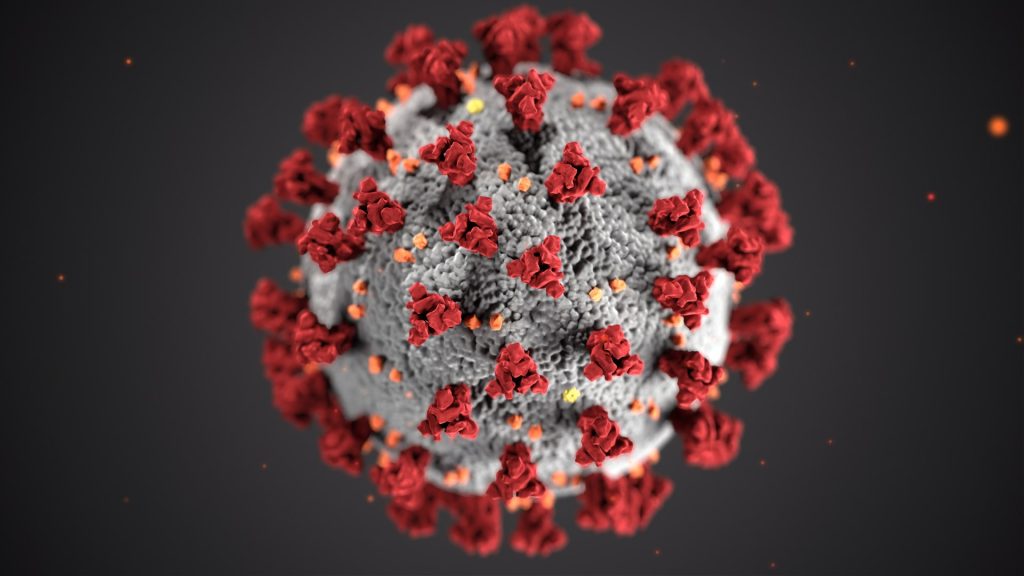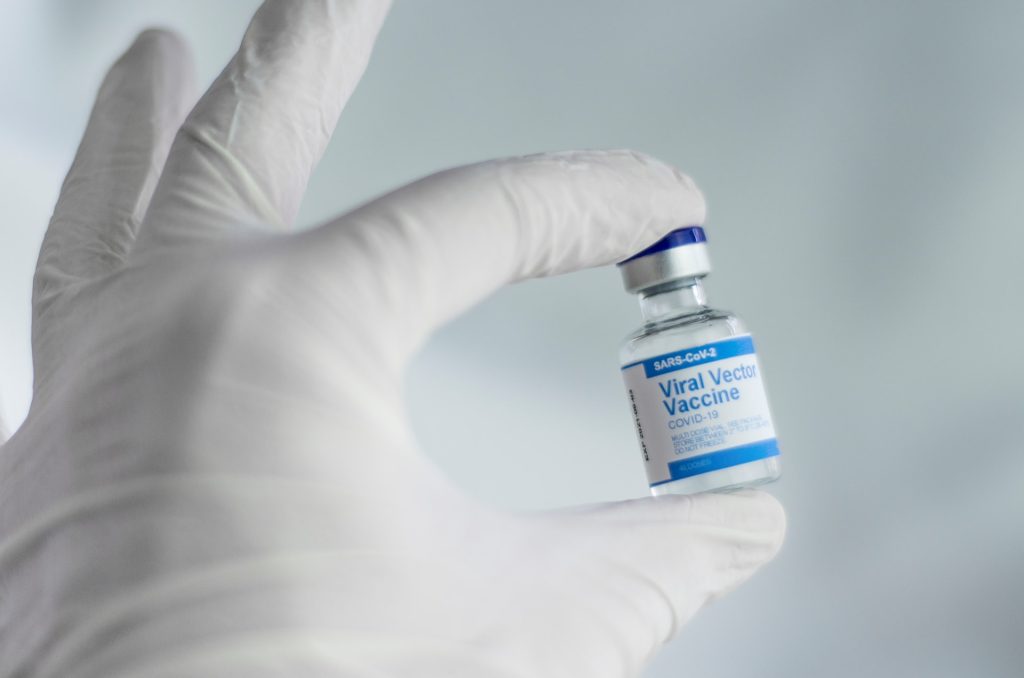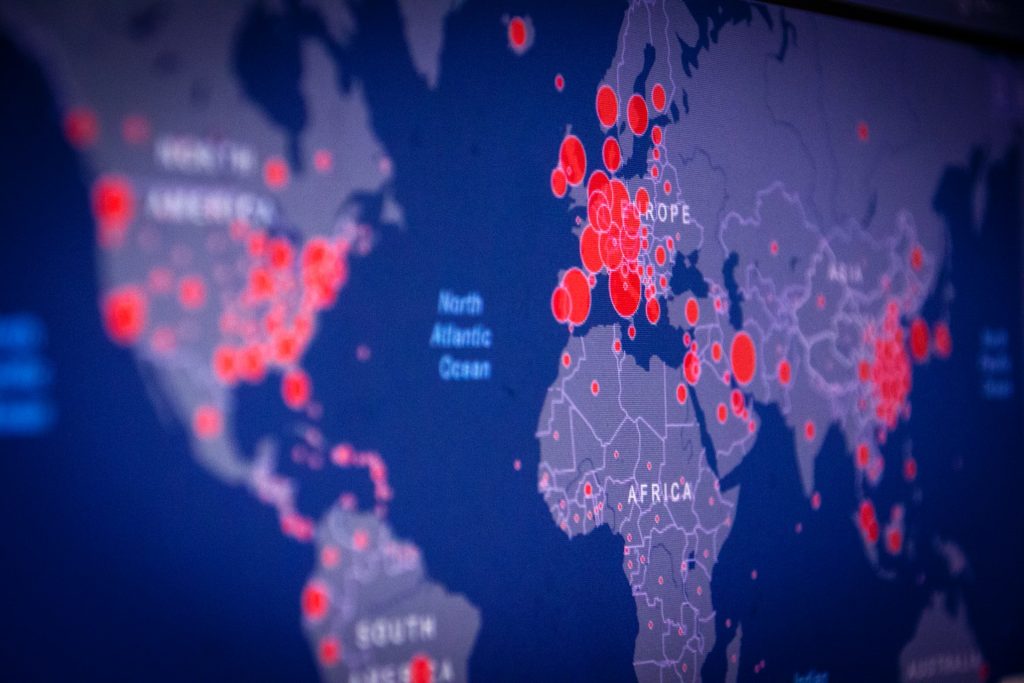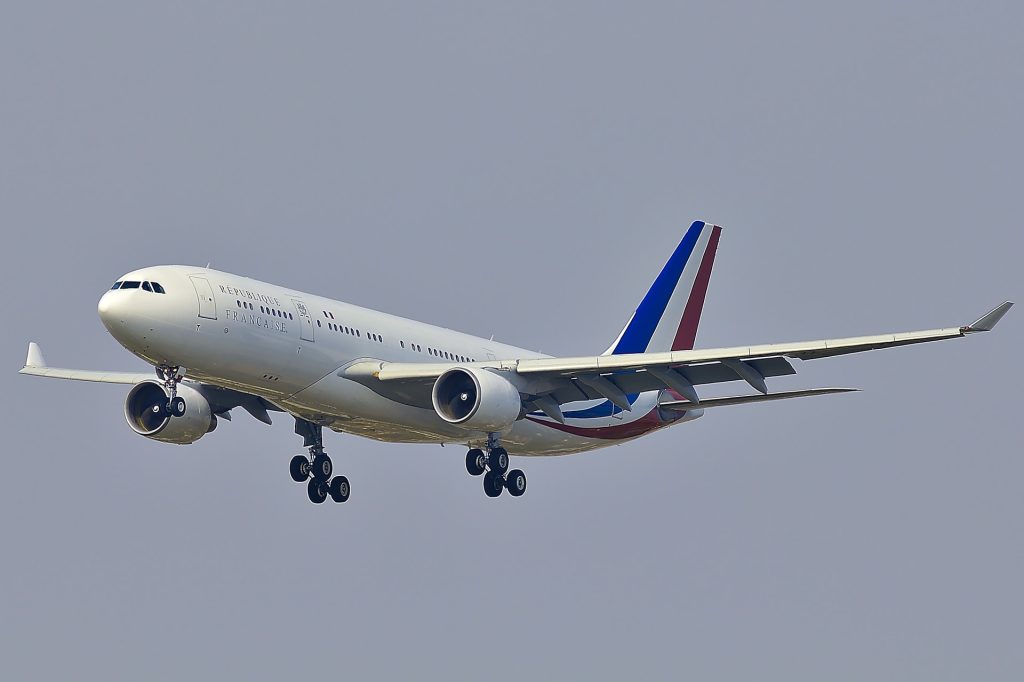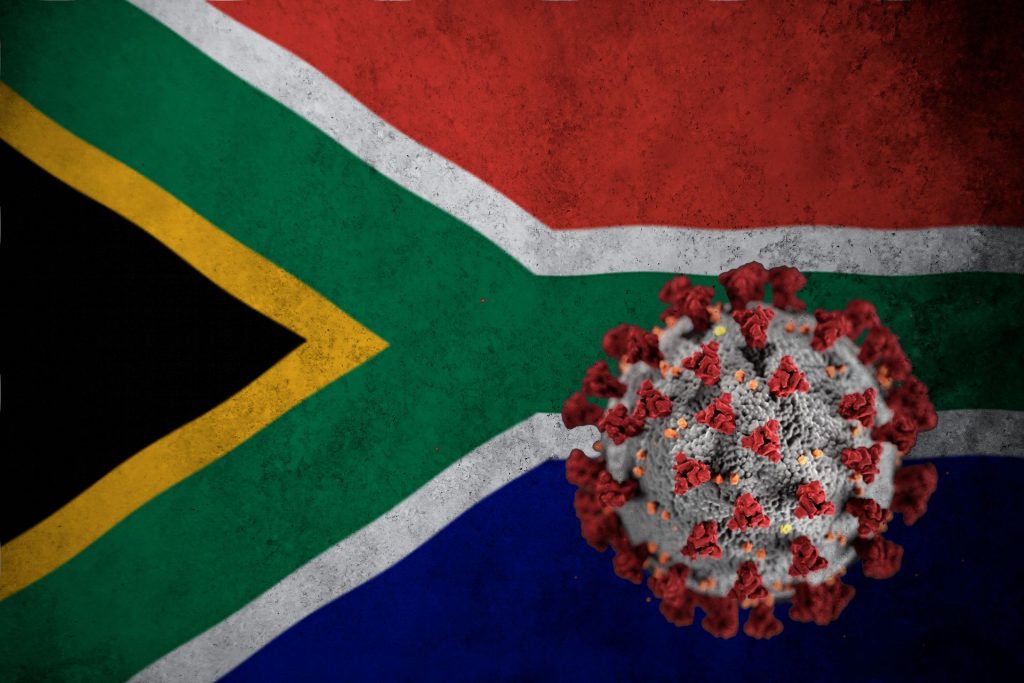WHO Calls for COVID Booster Pause to Let World Vaccinate
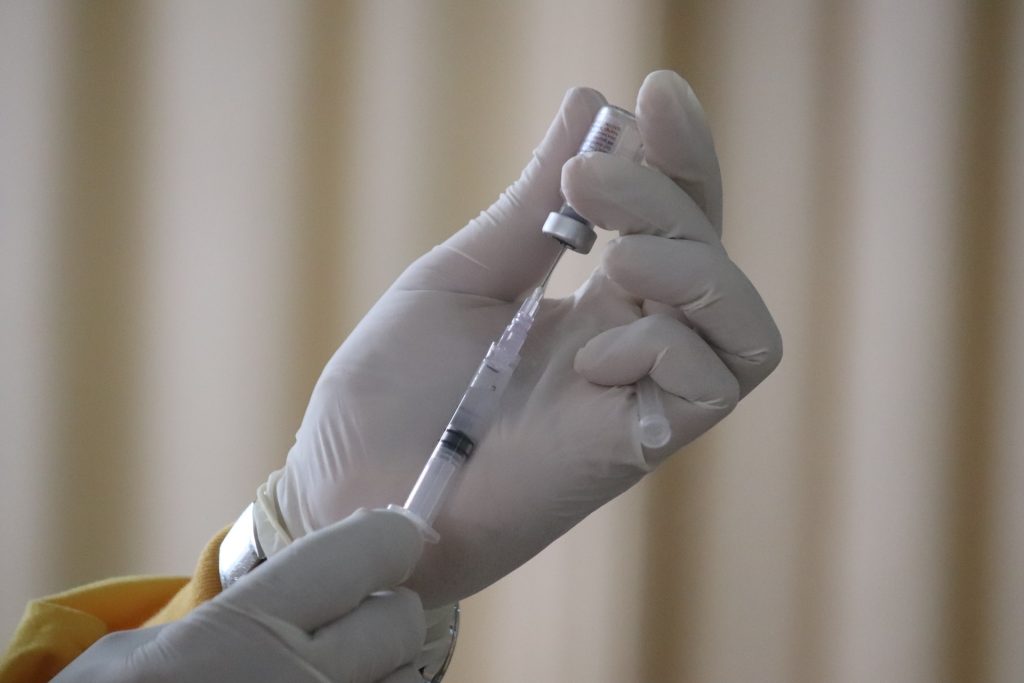
The head of the World Health Organization (WHO) on Wednesday called for a moratorium on COVID vaccine boosters until “at least the end of September” to enable the world’s most vulnerable people to be inoculated.
“I understand the concern of all Governments to protect their people from the Delta variant, but we cannot accept countries that have already used most of the global supply of vaccines using even more of it, while the world’s most vulnerable people remain unprotected”, said Tedros Adhanom Gebreyesus, WHO head.
Speaking during his weekly press conference, Tedros recalled that in May he had asked for international support to promote global vaccinations with the goal of enabling a minimum of 10 percent of each country’s population to be vaccinated by the end of September.
With the time already half gone, he lamented the lack of progress towards that goal, and even less towards the target of 30 percent vaccinated by year end.
Widening inequality
So far, more than four billion COVID vaccine doses had been administered around the globe, 80 percent of them in high- and middle-income countries – even though less than half of the world’s population live there, the WHO chief said.
As of May, high-income countries had administered about 50 doses for every 100 people, a figure that has since almost doubled, while supply shortages in low-income countries meant only 1.5 doses for every 100.
“Still, some rich countries are considering booster doses even though there are hundreds of millions of people waiting to have access to a first dose”, stressed Tedros, urging that most of those vaccines instead go to low-income countries.
The WHO has insisted global vaccination requires cooperation by all, “especially the handful of countries and companies that control the global supply of vaccines”.
Tedros said that the G20 nations have a vital role to play as its members are the largest producers, consumers, and donors of COVID vaccines.
“It’s no understatement to say that the course of the pandemic depends on the leadership of the G20 countries”, he said, adding, that one month from now, the G20 health ministers will meet, ahead of the October summit and calling on them to “make concrete commitments to support WHO’s global vaccination targets. We call on vaccine producers to prioritise COVAX“.
Tedros also called on leaders and influential personalities, as well as every individual and community to support the moratorium on booster doses.
Booster’s immune benefit questionable
Meanwhile, Dr Jarbas Barbosa, deputy director of the Pan American Health Organization (PAHO) emphasized that so far there is no evidence that a booster dose adds immune benefits to people who already have the full vaccination course.
Source: UN News

